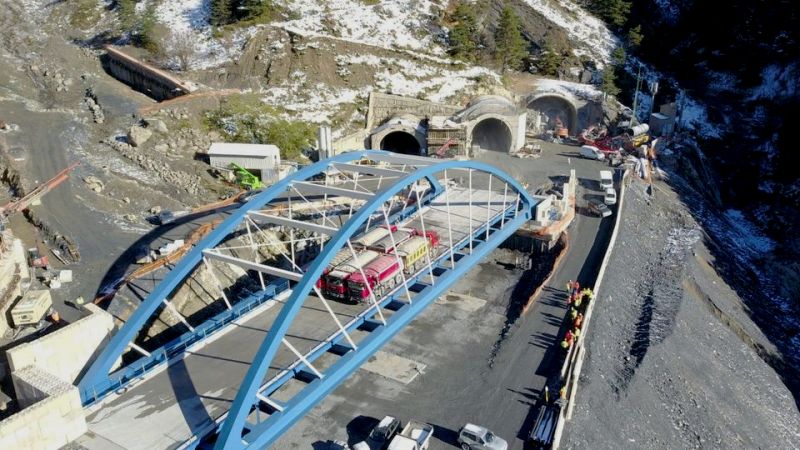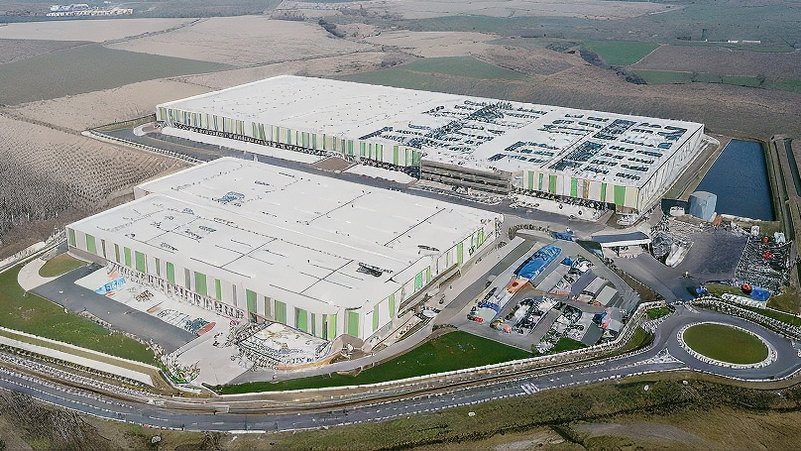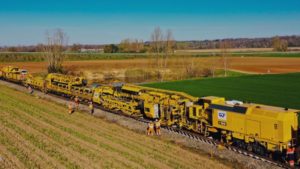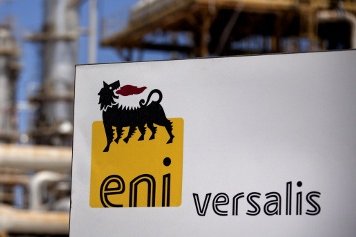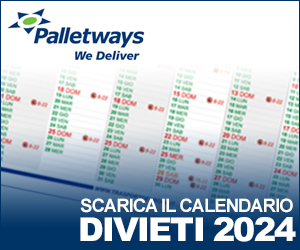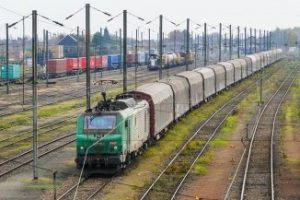The scheduled railway interruptions until 2026 in Italy, intended to facilitate the works of the National Recovery and Resilience Plan, pose a significant threat to the freight transport sector if not properly managed. In 2024, these interruptions could lead to a reduction of up to 60% in rail capacity, with severe repercussions on the industry. Giuseppe Rizzi, Director General of Fermerci, stated in an interview with Dire agency, highlighting that the situation could be particularly critical for the North-West of the country and its ports.
Rizzi explained that despite the rescheduling of interruptions during the summer months of 2024 to enhance the Genoa rail hub, the situation remains challenging: "Many positive interventions for the sector are planned in the Pnrr, which by 2027 will provide us with a railway network meeting European standards, allowing us to transport more goods with fixed costs but higher volumes." However, the current construction sites are already causing a reduction in line capacity in some areas of the country, leading to decreased connectivity in the affected regions due to necessary railway traffic interruptions.
"In the meantime, production costs are increasing due to longer alternative routes, requiring more resources in terms of crews and machinery usage," added the Fermerci director. He pointed out that this cost increase translates into a disproportionate rise in the cost per kilogram transported, threatening the sector's market competitiveness: "The sector cannot sustain itself independently without incentives or aid, as the current costs are unsustainable for operators."
Rizzi also emphasized that the initial signs of economic recovery, seen in port indicators, risk being nullified if the railway lines are not fully operational: "If we face this recovery with partially usable railway lines, goods will have to be transported by road, risking roads clogged with trucks, especially in the North-West during the summer when significant works are planned in Genoa."
However, Rizzi clarified that rail transport does not conflict with road transport but must integrate with it for true intermodality: "Rail transport should form the backbone of logistics, while the first and last mile should be covered by trucks." Nonetheless, railway traffic data for 2023 is not encouraging, with a 3.2% loss in train-kilometers. "External events such as the interruptions of the Frejus and San Gottardo tunnels and the Red Sea crisis have created a 'perfect storm' for the sector."



